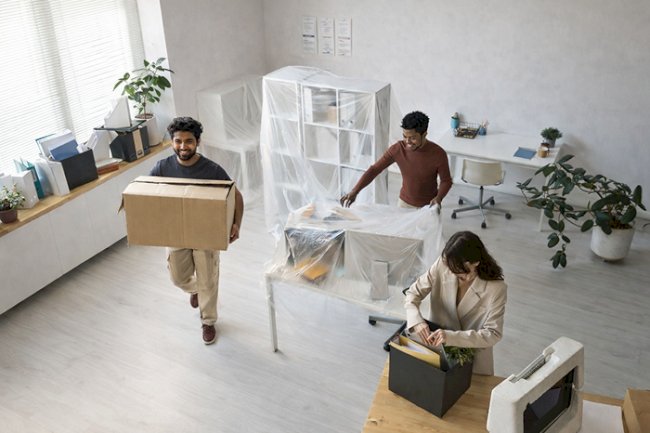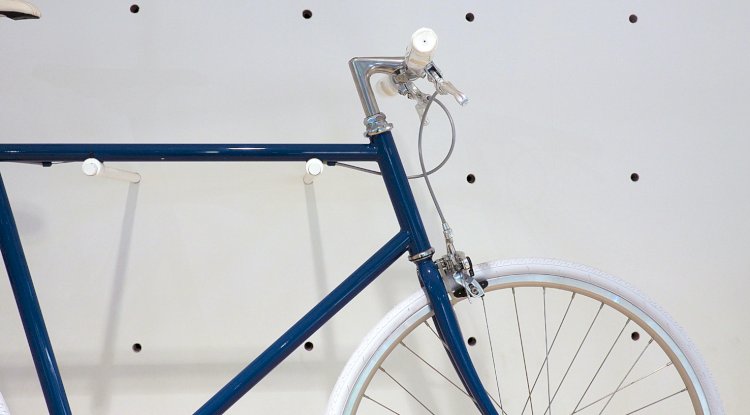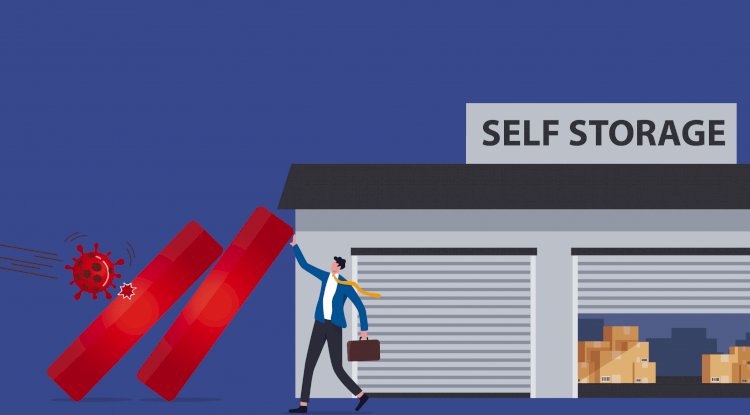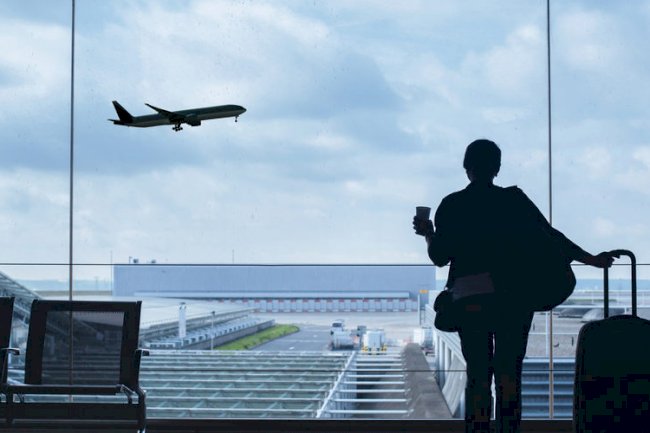Shop for Rent in Bangalore: Why Location Matters
Are you looking for a shop to rent in Bangalore? Look no further, since we're here to assist you in locating the ideal site for your company. Location is essential when it comes to renting a shop. It has the potential to make or shatter your company's success. That is why, before making any decisions, it is essential to carefully analyze the location. In this article, we will look at why location is important when renting a shop in Bangalore. From foot traffic to competition, we'll go through all of the main aspects that might affect the growth and profitability of your business. So, whether you're starting a new business or expanding an existing one, keep reading to learn why picking the perfect location for your shop in Bangalore is so important.
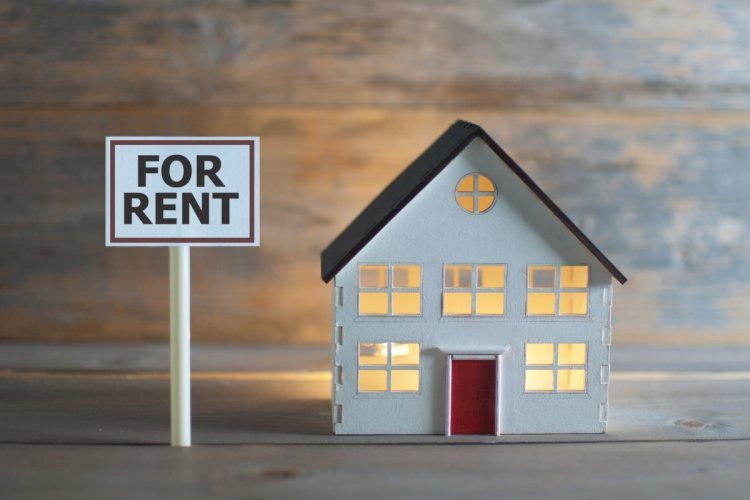
1. Importance of location for a shop:
The location of your shop is very important in determining its success. A good location can bring in a consistent stream of consumers, but a bad site can result in minimal foot traffic and, as a result, low sales. When deciding on a site for your shop, consider issues like visibility, accessibility, and proximity to your target demographic.
First and foremost, potential buyers should be able to see your shop. A shop on a busy street or in a popular retail centre is more likely to attract passers-by. A shop tucked away in a remote corner, on the other hand, may go unnoticed by potential clients, no matter how good your products or services are. Visibility is essential for attracting consumers and developing brand awareness.
Another important thing to consider when picking a site for your shop is accessibility. Customers should be able to readily reach your shop, whether by vehicle, bike, or public transportation. A shop near a major road or a public transportation hub will have an advantage over a shop in a remote area with few mobility choices. Customers will visit your shop more frequently if it is easily accessible, resulting in higher sales and customer loyalty.
Furthermore, the closeness of your shop to your target demographic is essential for its success. Understanding your target demographic and their preferences is essential when deciding on the optimal location for your shop. A shop in a business district or near office buildings may be appropriate if your target audience consists of young people. If your target demographic is families or tourists, a shop near major attractions or residential neighborhoods would be more appropriate. Being close to your target audience guarantees that they can readily access your products or services, boosting the possibility of repeat business.
2. Factors to consider when choosing a location for a shop:
Choosing the right location for your shop requires careful consideration of various factors. Each business has unique needs, and what may work for one shop may not necessarily work for another. However, there are some key factors that you should keep in mind when evaluating potential locations. Let's explore these factors in more detail.
1. Demographics: It is essential to understand the demographics of the area in which you want to establish your shop. Consider the population's age, financial level, and lifestyle preferences. This information will assist you in determining whether your target market is representative of the local population and whether there is sufficient demand for your products or services.
2. Competition: It helps to assess the amount of competition in the area. While some competition is beneficial, excessive competition can make it tough for your business to stand out. Consider the quantity and types of nearby businesses, as well as their offerings, price, and consumer base. This study can assist you in identifying market opportunities and gaps.
3. Foot Traffic: The quantity of persons who pass by your shop on a daily basis is referred to as foot traffic. More foot traffic usually means more potential consumers. To estimate possible customer flow, examine foot activity in various places at various times of day. A high-traffic location can dramatically boost your chances of drawing consumers and producing sales.
4. Infrastructure: Evaluate the area's infrastructure, including roads, parking lots, public transportation, and amenities. Customers will find it more convenient to visit your shop if it is located in a well-connected area with filled parking or easy access to public transport. A site with insufficient parking or poor infrastructure, on the other hand, may deter potential customers from visiting your shop.
5. Zoning and Permits: Confirm the zoning restrictions and permission requirements in the area where you intend to open your shop. Different places may have different zoning rules that limit the types of businesses that can operate there. Furthermore, obtaining the right permits and licenses can be a time-consuming procedure, so keep this in mind while selecting a location.
6. Rent and Operating Costs: Take into account the rent and operating costs connected with various sites. A premium location may attract more customers, but it may also result in higher rent and running costs. Determine how much you can afford to spend on rent and other costs by evaluating your budget. It's critical to find a happy medium between a desirable location and acceptable expenditures.
3. Popular areas for renting a shop in Bangalore:
Bangalore, also known as the Silicon Valley of India, is a thriving city with a vibrant business ecosystem. When it comes to renting a shop in Bangalore, there are several popular areas that you should consider. Let's take a closer look at some of these areas and what they have to offer.
1. MG Road: MG Road is one of the most prominent commercial areas in Bangalore. It is known for its upscale shopping centers, restaurants, and entertainment options. The area attracts a mix of locals, tourists, and office-goers, making it a prime location for a variety of businesses. However, keep in mind that the rent in MG Road can be relatively high compared to other areas.
2. Indiranagar: Indiranagar is a trendy neighborhood known for its bustling cafes, boutiques, and pubs. It is a popular destination for young professionals and expatriates, making it an ideal location for businesses targeting this demographic. The area offers a vibrant atmosphere and a strong sense of community, making it a great choice for businesses in the hospitality, fashion, or lifestyle sectors.
3. Koramangala: Koramangala is another thriving neighborhood in Bangalore, known for its lively street markets, restaurants, and tech startups. It attracts a diverse crowd, including students, young professionals, and families. The area has a vibrant entrepreneurial spirit and is home to many innovative businesses. If you're looking to tap into the young and vibrant market, Koramangala could be the perfect location for your shop.
4. Jayanagar: Jayanagar is a residential neighborhood with a mix of commercial and retail spaces. It is known for its tree-lined streets, parks, and shopping complexes. The area attracts a local crowd and offers a more relaxed and suburban vibe compared to other bustling commercial areas. If you're targeting families or local residents, Jayanagar can be a great location for your shop.
5. Commercial Street: Commercial Street is a well-known shopping destination in Bangalore. It is famous for its bustling street markets, offering a wide range of products at affordable prices. The area attracts shoppers looking for budget-friendly options and is particularly popular among college students and bargain hunters. If your business caters to price-conscious customers, Commercial Street can be an excellent choice.
These are just a few of the popular areas for renting a shop in Bangalore. Each area has its unique charm and target market, so it's important to evaluate your business needs and target audience before making a decision. Consider factors such as foot traffic, competition, and affordability when choosing the right location for your shop in Bangalore.
4. Pros and cons of different locations in Bangalore:
When it comes to renting a shop in Bangalore, each location has its pros and cons. Understanding these advantages and disadvantages will help you make an informed decision and choose the best location for your shop. Let's explore some of the pros and cons of different locations in Bangalore.
1. Central Business District (CBD):
Pros:
-
High foot traffic: The CBD attracts a large number of office-goers, shoppers, and tourists, resulting in high foot traffic.
-
Established reputation: The CBD is known for its commercial activities, making it an ideal location for businesses looking to establish a prestigious image.
-
Easy accessibility: The area is well-connected with excellent transportation options, making it convenient for customers to reach your shop.
Cons:
-
High rent: The CBD is one of the most expensive areas in Bangalore, with high rental prices that may not be feasible for all businesses.
-
Intense competition: Due to its popularity, the CBD attracts a significant number of businesses, resulting in high competition in the area.
-
Limited parking: Parking can be a challenge in the CBD, which may discourage customers from visiting your shop.
2. Suburban Areas:
Pros:
-
Lower rent: Suburban areas generally offer lower rental prices compared to prime commercial areas, making it more affordable for businesses with budget constraints.
-
Targeted audience: Suburban areas often have a specific demographic, allowing you to target a niche market more effectively.
-
Ample parking: Suburban areas typically offer more parking options, making it convenient for customers to visit your shop.
Cons:
-
Lower foot traffic: Suburban areas may have lower foot traffic compared to commercial hubs, resulting in potentially fewer customers.
-
Limited visibility: Suburban areas may not have the same level of visibility as prime commercial areas, making it harder for your shop to attract attention.
3. Shopping Malls:
Pros:
-
High foot traffic: Shopping malls attract a large number of shoppers, providing a steady stream of potential customers for your shop.
-
Amenities and infrastructure: Shopping malls offer amenities such as parking, security, and air conditioning, providing a comfortable and convenient shopping experience for customers.
-
Brand exposure: Being located in a shopping mall can give your business exposure to a wider audience and increase brand visibility.
Cons:
-
Higher rent: Renting a space in a shopping mall can be more expensive compared to standalone shops in other locations.
-
Limited flexibility: Shopping malls may have specific rules and regulations that limit your freedom to customize your shop's design or operating hours.
-
Competition: Shopping malls often house multiple shops selling similar products or services, resulting in higher competition within the mall.
4. Residential Areas:
Pros:
-
Local customer base: Being located in a residential area allows you to tap into the local community and build a loyal customer base.
-
Convenience: Residents in the area will appreciate having a shop nearby for their daily needs, resulting in repeat business.
-
Lower competition: Residential areas typically have fewer shops compared to commercial areas, reducing competition in the vicinity.
Cons:
-
Limited foot traffic: Residential areas may have lower foot traffic compared to commercial areas, which can impact the number of customers visiting your shop.
-
Target market limitations: Residential areas may attract a specific demographic, limiting the potential customer base for certain businesses.
-
Limited visibility: Residential areas may not have the same level of visibility as commercial areas, making it harder for your shop to attract new customers.
These are just a few examples of the pros and cons of different locations in Bangalore. When choosing a location for your shop, carefully evaluate these factors and prioritize what matters most to your business. Consider your target market, budget, and business goals to make an informed decision that will set your shop up for success.
5. How location affects the success of a shop:
The location of your shop can have a significant impact on its success. A well-chosen location can attract a steady stream of customers, increase brand visibility, and contribute to the overall growth and profitability of your business. On the other hand, a poor location can lead to low foot traffic, limited customer reach, and ultimately, a decline in sales. Let's explore how location affects the success of a shop in more detail.
1. Foot Traffic: Foot traffic refers to the number of people passing by your shop on a daily basis. A location with high foot traffic increases the chances of potential customers noticing your shop and stepping inside. The more people that walk past your shop, the more opportunities you have to make a sale. High foot traffic is particularly beneficial for businesses that rely on impulse purchases or rely on walk-in customers.
2. Visibility: Visibility plays a crucial role in attracting customers to your shop. A shop located in a busy street or a popular shopping center is more likely to catch the attention of passersby. On the other hand, a shop tucked away in a remote corner may go unnoticed by potential customers, no matter how great your products or services are. Good visibility ensures that your shop stands out from the competition and creates brand awareness.
3. Target Audience: The location of your shop should align with your target audience. Understanding your target market and their preferences is vital in determining the best location for your shop. If your target audience consists of young professionals, a shop located in a business district or near office complexes may be ideal. On the other hand, if your target audience is families or tourists, a shop near popular attractions or residential areas would be more suitable. Being close to your target audience ensures that your products or services are easily accessible to them, increasing the likelihood of repeat business.
4. Competition: The level of competition in your chosen location can significantly impact your shop's success. While some competition can be healthy and drive innovation, too much competition can make it difficult for your shop to stand out. Evaluate the number and types of similar businesses in the vicinity and assess their offerings, pricing, and customer base. Understanding the competition will help you identify opportunities and gaps in the market, allowing you to differentiate your shop and attract customers.
5. Infrastructure: The infrastructure of the area where your shop is located can affect its success. Consider factors such as roads, parking facilities, public transportation, and amenities. A well-connected location with ample parking or easy access to public transportation will make it convenient for customers to visit your shop. On the other hand, a location with limited parking or poor infrastructure may discourage potential customers from visiting your shop.
6. Brand Image: The location of your shop can contribute to the overall brand image and perception. A shop located in a prestigious or trendy area can give your business a sense of credibility and attract customers who value quality and exclusivity. On the other hand, a shop located in a less desirable.
What's Your Reaction?










